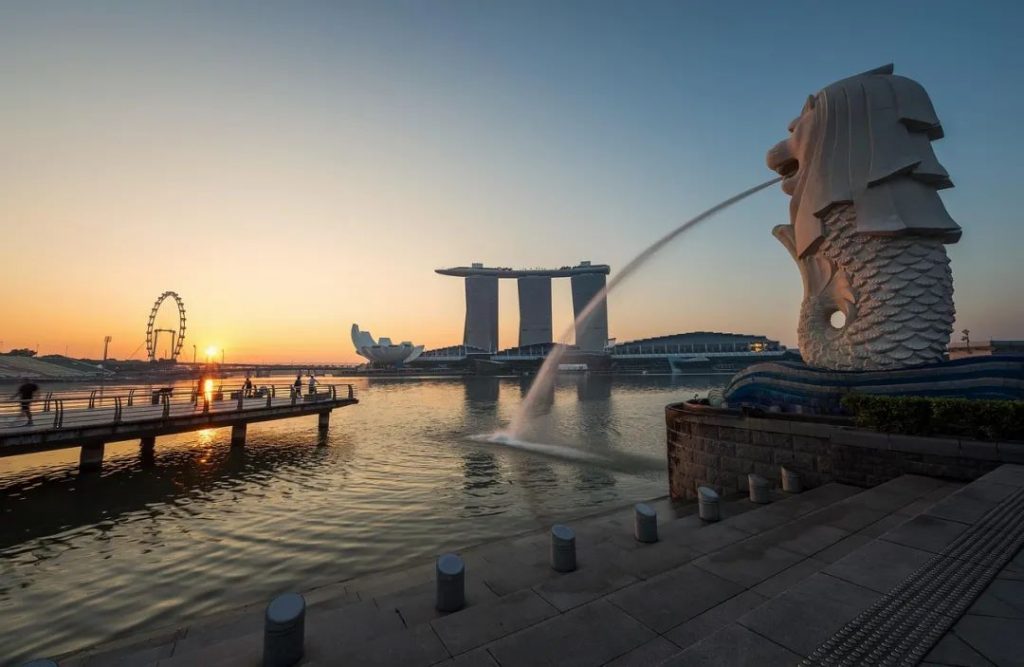
Breaking News: SG New Corporate Regulations Effective 2025!
Starting 9 June 2025, Singapore will officially enforce the Corporate Service Providers (CSP) Regulation, introducing a landmark overhaul to its corporate compliance framework. It is now the first jurisdiction in the world to mandate real-time video verification for client identity authentication during remote corporate transactions.
Whether you’re incorporating a company in Singapore, using a nominee director, or operating through a local corporate secretary — this regulation directly impacts you!
As countries globally tighten controls on anti-money laundering (AML), counter-terrorism financing (CFT), and counter-proliferation financing (CPF), Singapore once again strengthens its position as Asia’s leading financial hub through enhanced transparency and governance.
Key Highlights: 4 Major Regulatory Shifts

Mandatory CSP Registration
All entities offering services such as company incorporation, secretarial support, nominee directorships, or registered addresses must be registered with the Accounting and Corporate Regulatory Authority (ACRA) as Corporate Service Providers (CSPs).
Operating without registration is a criminal offence and may lead to fines or enforcement actions.
Tighter Nominee Director Oversight
Only registered CSPs are authorized to appoint nominee directors, and must ensure the candidate’s suitability and compliance record.
Unauthorised arrangement of nominee directors may result in fines of up to SGD 10,000.
Tip: Companies are advised to gradually transition from nominee directors by having key executives apply for Employment Pass (EP) under self-sponsorship to reduce future compliance risks.

Mandatory Video Identity Verification — “Face-to-Face” Goes Remote
For any non-face-to-face transactions, CSPs must verify the identity of clients via real-time video call. This applies to:
● At least one proposed director (excluding nominee directors), OR
● A proposed member holding more than 50% voting rights, OR
● A natural person authorized to represent a corporate member.
This requirement applies to remote incorporations, share transfers, directorship changes, and shell company transactions.
Ongoing Due Diligence Requirements:
● Risk assessment: Classify clients by risk level and apply appropriate controls.
● Transaction monitoring: Ensure ongoing activity aligns with client profile.
● Recordkeeping: Maintain ID documents, transaction logs, signed forms, and video records for at least 5 years.
● Delegation of compliance: For high-risk clients, CSPs may engage lawyers, accountants, or group CSPs—but ultimate responsibility remains with the original provider.
● No proxy signing: CSPs may not sign directors’ declarations (e.g. Form 45) on behalf of clients; must be personally signed and filed.

Enhanced Internal Compliance Standards for CSPs
All CSPs must implement a robust internal compliance framework, including:
● Customer Due Diligence (CDD) and continuous monitoring
● Suspicious Transaction Reporting (STR) protocols
● Risk assessment systems
● Staff background checks and ongoing training
● Secure, long-term video and document retention (≥5 years)

Who Will Be Affected?
● All companies registered in Singapore or using local secretarial services
● All businesses appointing nominee directors or incorporating remotely
● All providers offering corporate services, including secretarial, accounting, or registered address services

Summary & Strategic Advice
Under the Singapore Companies Act, every company must appoint at least one local resident director. Holders of Singapore EPs or PR status qualify for this role.
For foreign businesses without suitable local candidates, nominee directors remain a viable interim solution. However, after the new regulation, only CSPs registered with ACRA may legally provide nominee directorship services.
Failure to comply could lead to fines of up to SGD 10,000.
Even though nominee directors do not engage in operational control, their compliance risk exposure is real. Businesses are encouraged to consider transitioning to self-sponsored EP applications for senior executives after incorporation to reduce uncertainty and ensure greater governance control.
What’s Next?

Immediate Action Steps:
● For existing Singapore companies:
Contact your secretary firm to ensure CSP registration compliance.
● For companies planning to enter Singapore:
Start early and align with new compliance requirements to avoid regulatory pitfalls.
Need help navigating the CSP regime, setting up remotely, or structuring a compliant nominee solution? Talk to our experts today!
